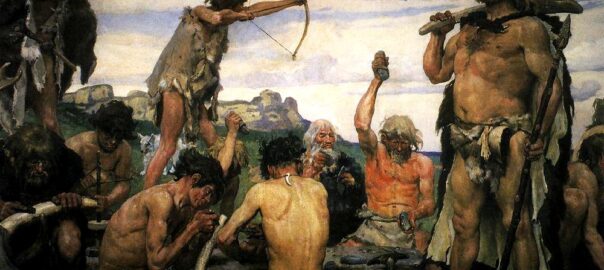
Evolutionary, Historical, and Contemporary Perspectives
Viktor Vasnetsov, Wikimedia Commons
These Featured Books help us to understand the evolution and history of tools and their powerful roles in creating the society we find ourselves living in today.
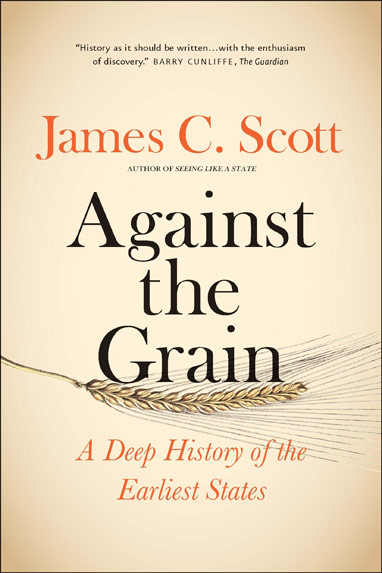
Against the Grain: A Deep History of the Earliest States
It used to be thought that agriculture made living in settled communities possible, but recent archeological research indicates that ancient peoples began cultivating grains in fixed locations long before societies with central governments were established.
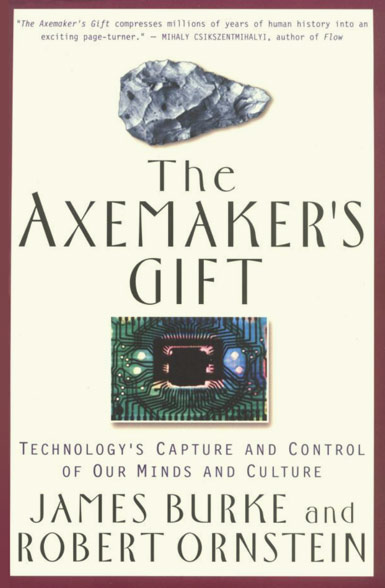
The Axemakers Gift: Technology’s Capture and Control of Our Minds and Culture
Each time the axemakers offered a new way to “cut and control” the world to make us rich or safe or invincible or knowledgeable, we accepted the gift and used it. And when we changed the world, we changed our minds, for each gift redefined the way we thought, the values by which we lived, and the truths for which we died.
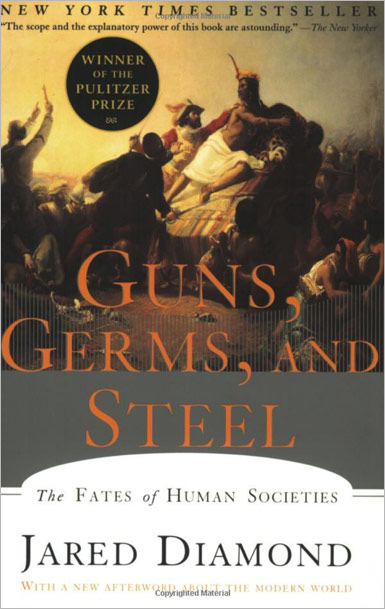
Guns, Germs, and Steel: Uncovering the New World Columbus Created
Geographical and ecological advantages, not differences in people, gave Eurasians a head start on the rest of the world.
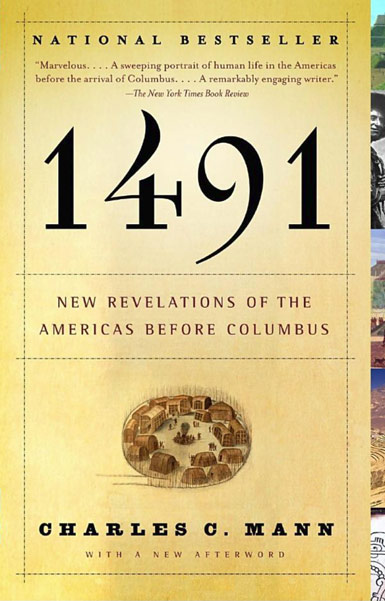
1491: New Revelations of the Americas Before Columbus
Only fifty years ago, most historians would have predicted two continents of wilderness with scattered bands of people who were working their way toward civilization. This is wrong: new information seriously challenges accounts of the numbers of Indians and the length of time they had been living in the Western Hemisphere when Columbus arrived.
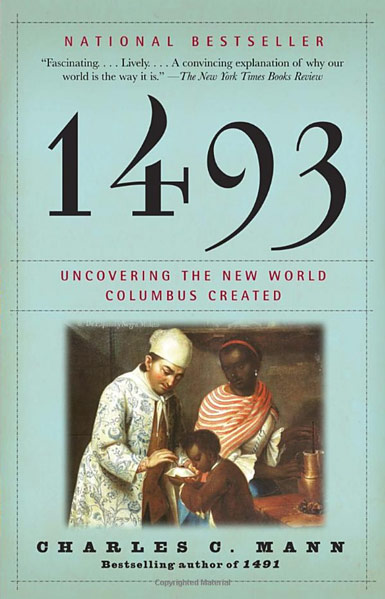
1493: Uncovering the New World Columbus Created
Despite the horrors of conquest and slavery, Post-Columbian trade with the New World transformed world history and marked the beginning of modern globalization. It initiated modern agriculture, the industrial revolution, and even the world’s great cuisines.
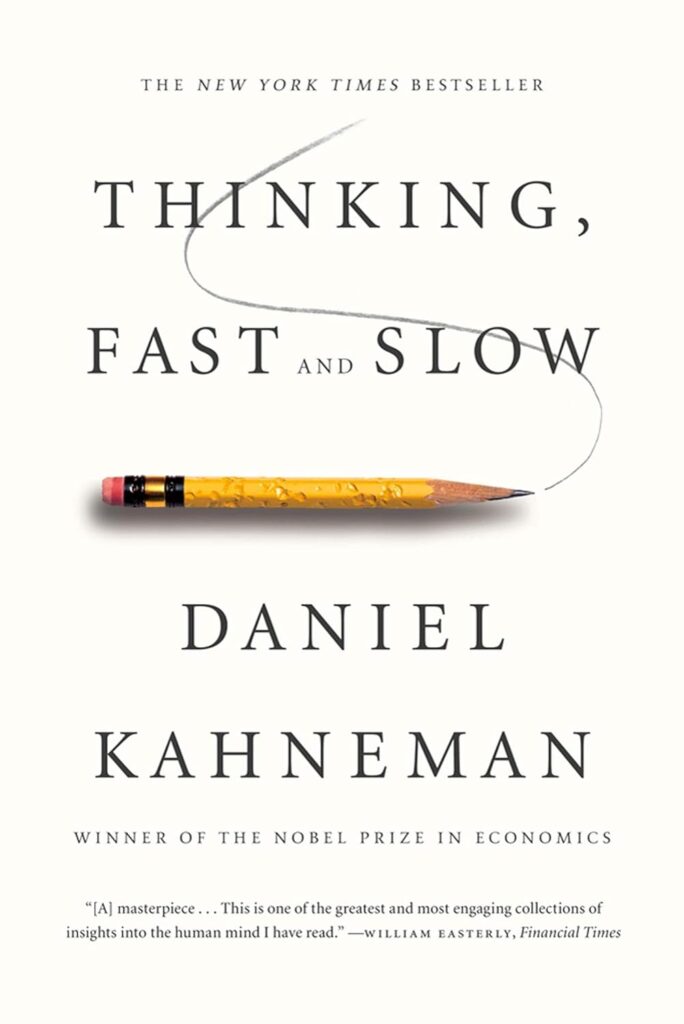
Thinking, Fast and Slow
By Daniel Kahneman
Review by Mark Looi (republished from marklooi.medium.com)
Kahneman writes the book as a lay person’s introduction to experimental psychology and summarizes some of the major results of the past 40 years. In doing so, he gives a high level description of the scientific method as applied in social science, the art of creating hypotheses, the clever experiments to test them, and a little about how the data are analyzed. He shows how slowly but surely, in conjunction with many researchers around the globe, our understanding of human thinking has advanced.
